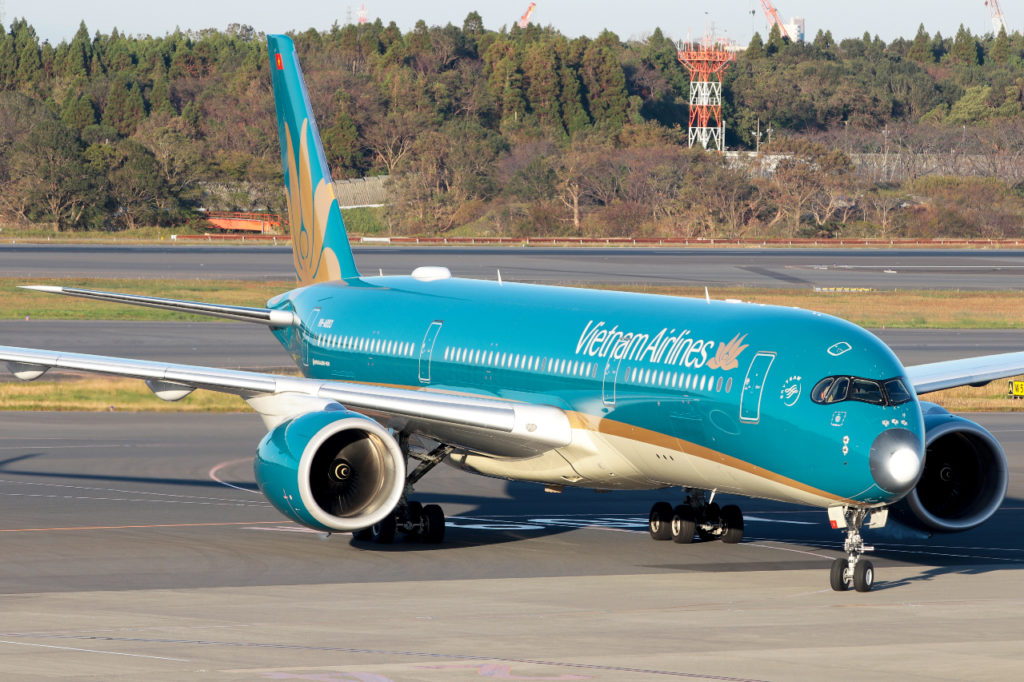India plans to discuss increasing bilateral flying rights with countries like Bhutan, Maldives, Japan, Vietnam, and Singapore in the coming week, Civil Aviation Minister Kinjarapu Rammohan Naidu announced on September 9. These discussions aim to boost India’s international air connectivity while prioritising the creation of domestic travel hubs. Naidu emphasised that domestic airlines will benefit the most from any expanded flying rights.
The comments come as Indian carriers have seen significant growth in international air traffic. In the first quarter of 2024-25 (April-June), Indian airlines accounted for 46% of all incoming passengers, marking a rise of over 1000 basis points from pre-pandemic levels. This increase is largely due to the government’s policy restricting additional flying rights for foreign airlines, benefiting carriers like IndiGo and Air India.
Rammohan Naidu also stressed the need for sustainable aviation practices, advocating the use of sustainable aviation fuel (SAF) to reduce carbon emissions. He highlighted that some Indian airports are already carbon-neutral, and the government is working to ensure that at least 1% SAF is blended with jet fuel for international flights by 2027, with a target of 2% by 2028.
To further strengthen regional air connectivity, the civil aviation ministry has identified 106 airports and airstrips for potential development. This move is part of India’s broader strategy to enhance both domestic and international aviation operations.






